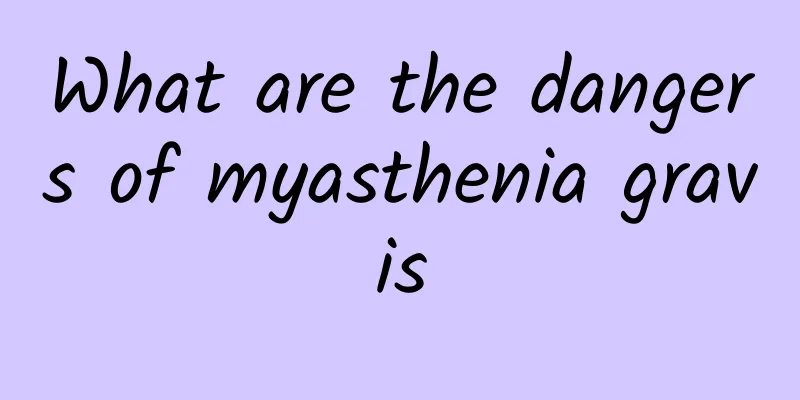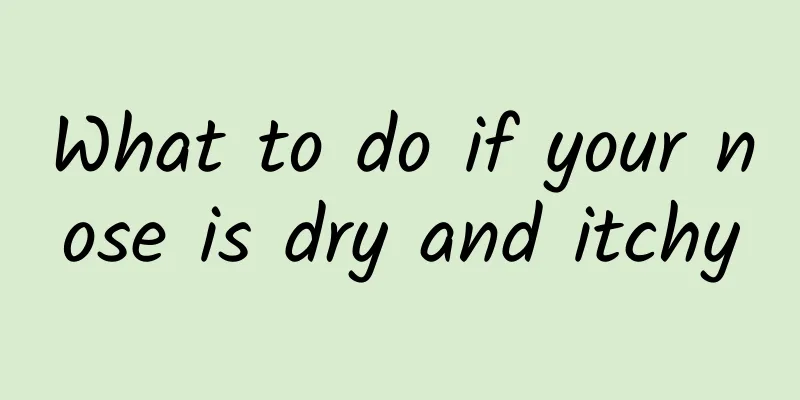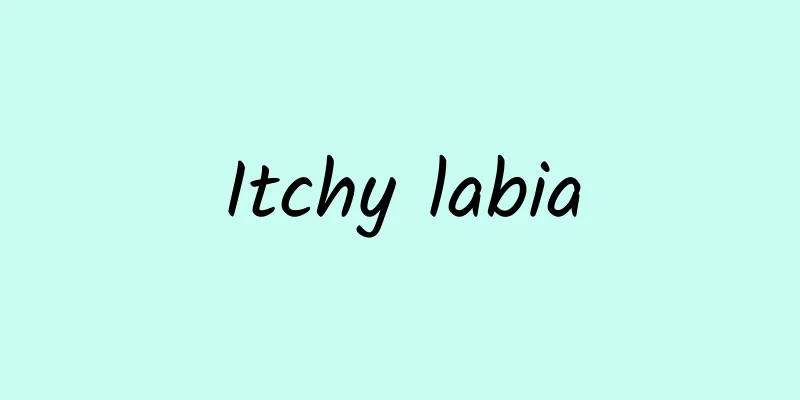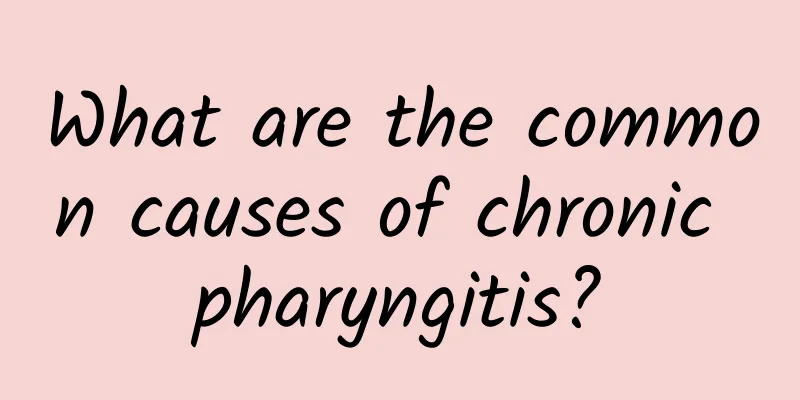How long is the shelf life of Chinese medicine?

|
When many people get sick, they will choose to use traditional Chinese medicine for treatment according to their condition. The traditional Chinese medicine used for different diseases will also be different. Traditional Chinese medicine has special effects in treating many diseases. Of course, Chinese medicine also has unique characteristics and shelf life. When storing Chinese medicine, the shelf life will vary depending on the different Chinese medicines and their storage status. Once the Chinese medicine deteriorates, it cannot be used. How long is the shelf life of Chinese medicine? 1. How long can the decocted Chinese medicine be kept? Currently, the most common packaging for decocted Chinese herbal medicines is vacuum sealed packaging, and secondly, it can also be placed in containers provided by the patients themselves. Research has found that the higher the temperature, the faster the medicine deteriorates. In seasons with higher temperatures, when the room temperature is above 25°C, decoctions are generally stored for no more than 2 days. If refrigerated, they can generally be stored for 7 days without deteriorating. In addition, even under the same conditions, different prescriptions will have different degrees of deterioration. If the content of starch, protein, sugar and other ingredients in the medicine solution is high, it will deteriorate faster. 2. How long can dried Chinese medicine be stored? Through modern pharmacological research methods, it was found that anthraquinone glycosides in rhubarb are the main components that exert its laxative effect. However, as the storage time increases, anthraquinone glycosides will gradually be hydrolyzed into anthraquinone aglycones, and the laxative effect will gradually weaken. If traditional Chinese medicine is left for too long, the effective ingredients will be lost, so its efficacy will be significantly reduced. Traditional Chinese medicine often undergoes some mutations during the storage process, such as being easily bitten by insects, mold, rot, changing color and taste, etc. Therefore, traditional Chinese medicine has a shelf life, and the longer it is left, the better the effect. Factors causing deterioration of traditional Chinese medicine temperature Medicinal materials have a certain range of adaptability to temperature. Temperatures that are too high or too low will cause changes in the quality of medicinal materials. When the temperature is above 35 degrees, fat-containing medicines will separate the oil due to heat, thus reducing the amount of oil; medicines with high volatile oil content will also lose their aromatic smell due to heat; animal and plant glues and some resin medicines tend to soften, stick together or melt after being heated. When the temperature is between 20 and 35 degrees, it is conducive to the reproduction of pests and molds, which may cause some medicines to become infested, moldy and even deteriorate. humidity Humidity refers to the amount of water vapor in the air, that is, the degree of moisture in the air. Whether the medicine itself can maintain normal water content is closely related to the humidity of the air. The normal water content of general medicines is about 10~20%. If there is a lot of water vapor in the air, the medicine will absorb a large amount of moisture and increase its water content (get damp), which will easily cause it to become moldy and deteriorate. Air Air contains many components, among which oxygen is most likely to undergo chemical changes with certain components of medicines, thus affecting their quality. The darkening of the colors of commonly seen moutan bark, polygonatum sibiricum, etc. is caused by the changes in the tannins, oils and sugars they contain when they come into contact with oxygen in the air. Common deterioration phenomena of traditional Chinese medicine Mildew That is, mold, which is the phenomenon of mold growing on the surface or inside of Chinese patent medicine. Rancidity Also known as fermentation, Chinese medicine is fermented after being exposed to sunlight or high temperature, causing taste and color changes and becoming unusable for medicinal use. Volatilization It refers to the loss or oiliness of volatile oil contained in drugs under high temperature; after ethanol evaporates, the alcohol extract precipitates, thus causing the loss of active ingredients. Turbid precipitation It is a common deterioration phenomenon of liquid Chinese medicine. Liquid preparations of Chinese patent medicine are prone to precipitation or deterioration under low temperature conditions. |
<<: Motherwort for medical abortion in early pregnancy
>>: How to treat inflammation of the upper right lung
Recommend
Soak your feet while doing moxibustion
Moxibustion is a health care method that many peo...
Abortion after two caesarean sections
For women, being a mother is a very happy thing, ...
Can soaking onions in red wine treat gout?
Onion is a common edible vegetable in our daily l...
Can I drink Chinese medicine at noon?
Although Chinese medicine is relatively slow in r...
How to treat goose bumps
Everyone's skin is different, and good method...
Which department should I go to for tinnitus? What methods does traditional Chinese medicine use to treat tinnitus?
When tinnitus occurs in people, the patient's...
How many months does prenatal check-up start?
Prenatal check-ups are a measure that every expec...
What is tinnitus?
There are many common problems, and we need to ch...
I didn't have my period but I had some bleeding
Many people know that if a person does not have m...
What to do if children have tooth decay? Methods to prevent and treat tooth decay in children
Nowadays, some children may develop tooth decay b...
Taboos of Cycas revoluta
The rubber tree will actually bloom, but it usual...
Effects of magnesium sulfate topical application
Magnesium sulfate is a colorless crystalline comp...
Hypertrophic scar regression process
For hypertrophic scars, it usually takes a long t...
Why is it that I can't urinate?
Weak urination is a symptom experienced by many p...
Tooth extraction was not clean and there is a bone spur
It is impossible to predict what diseases may occ...









